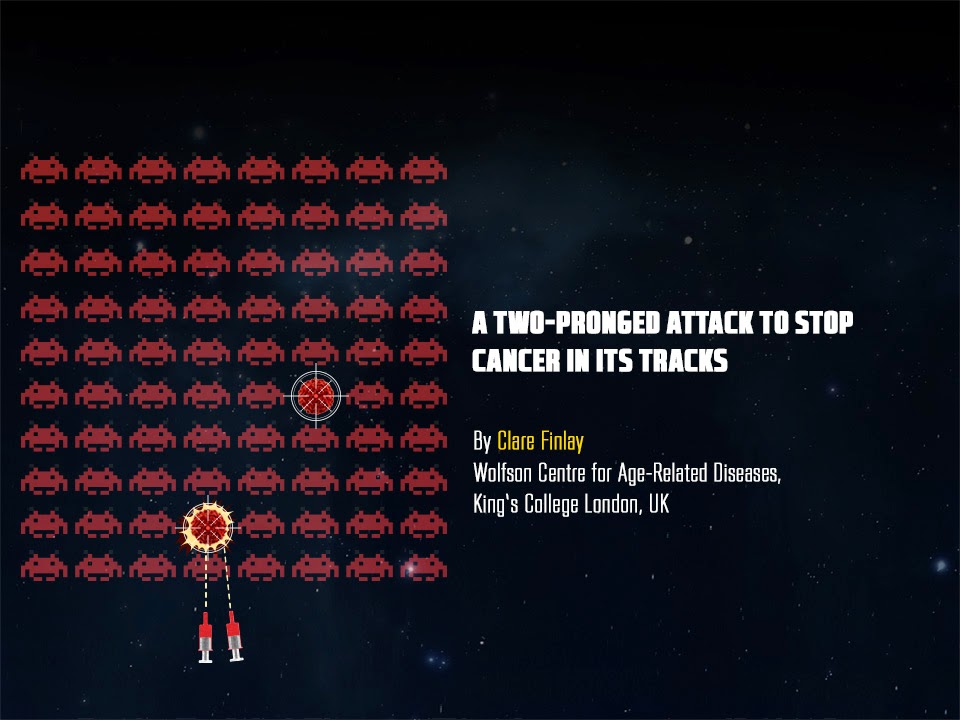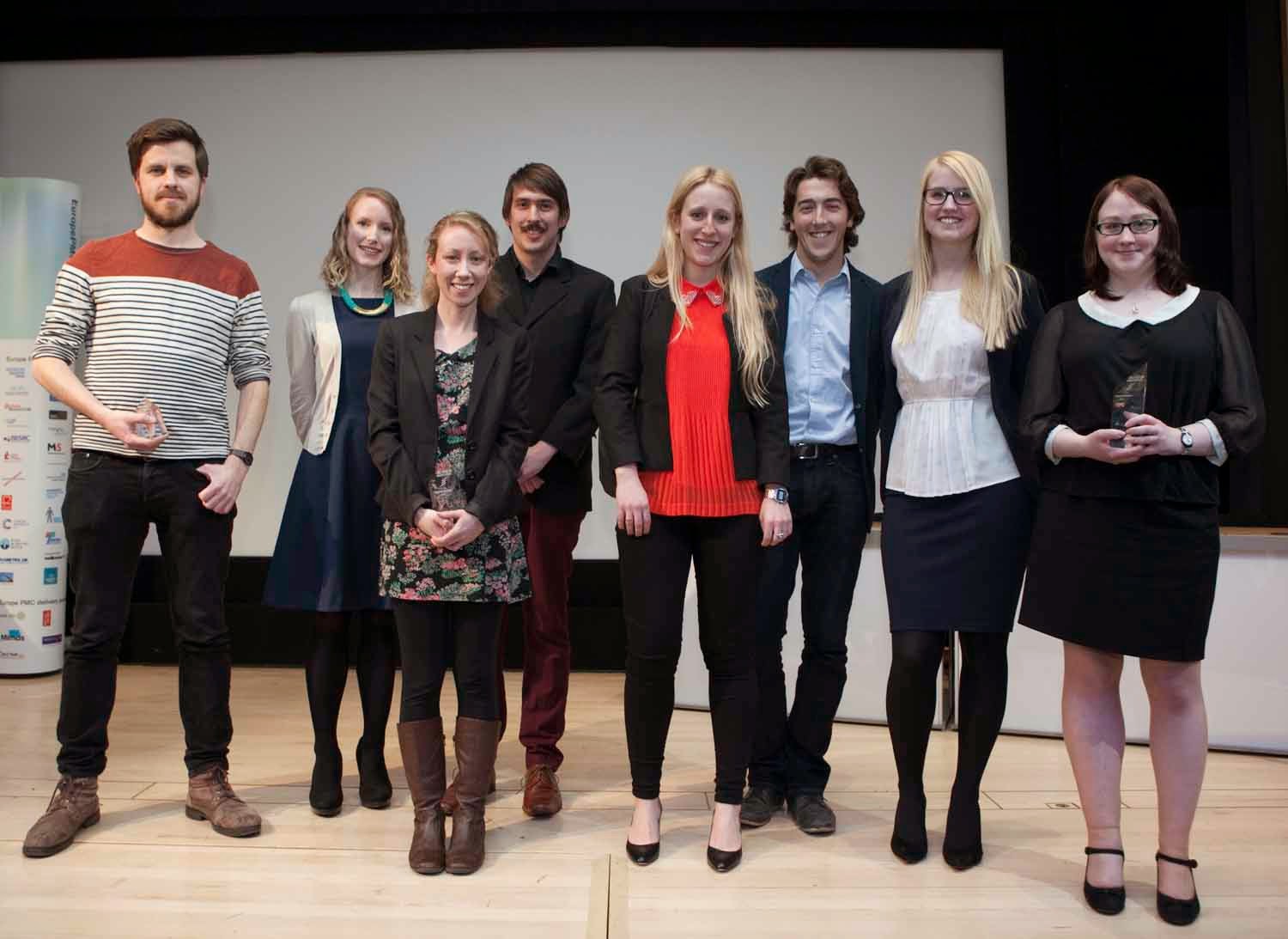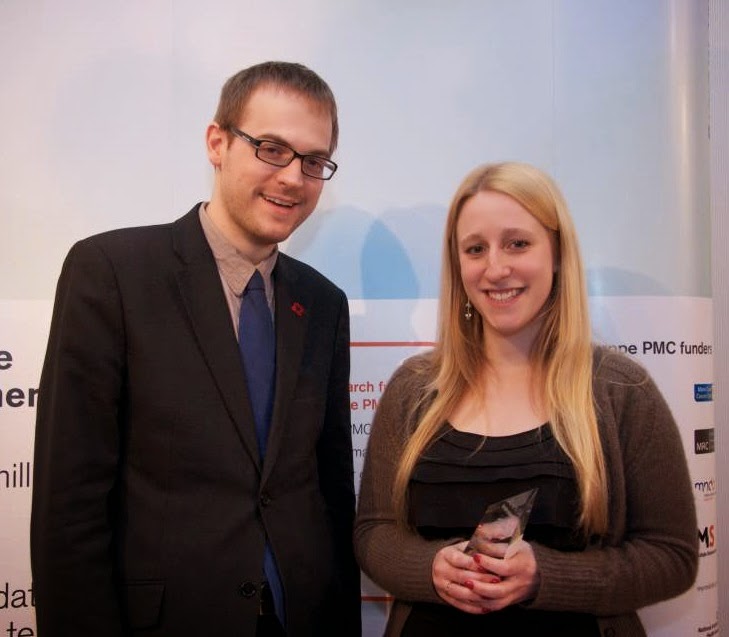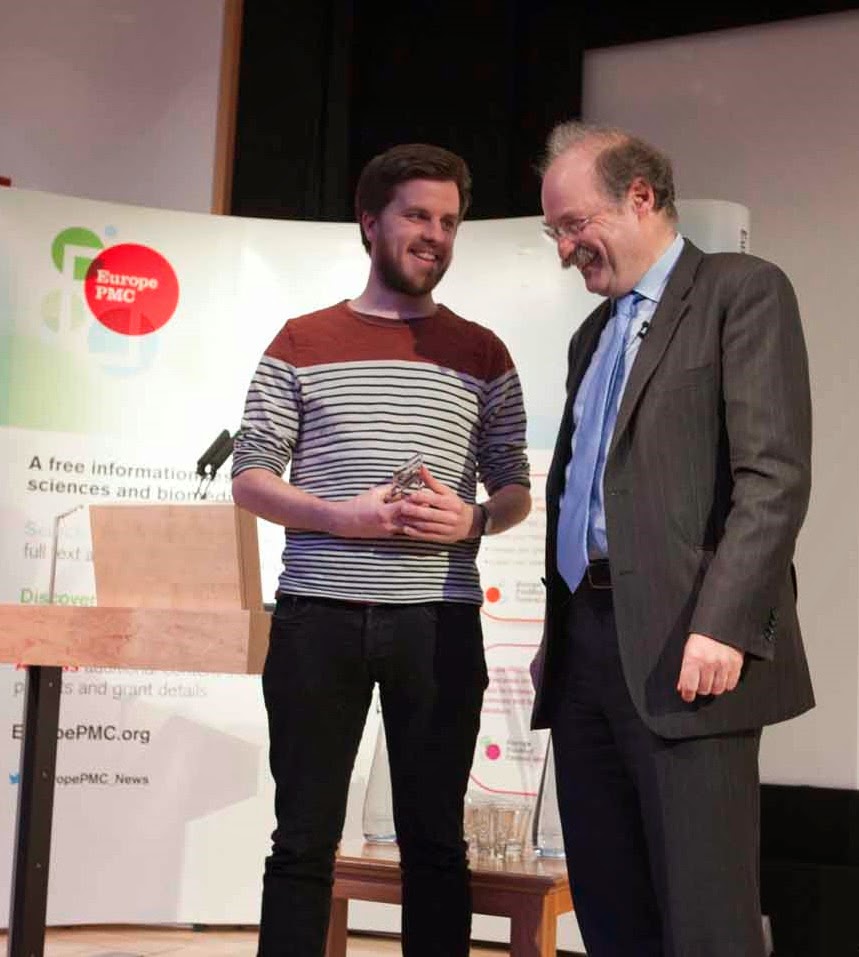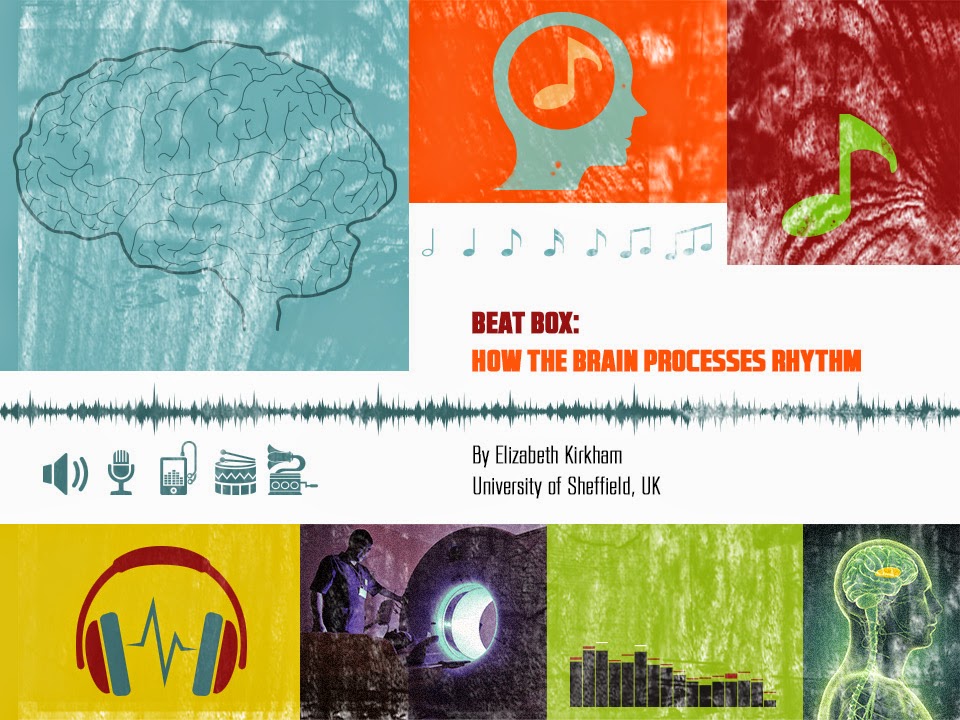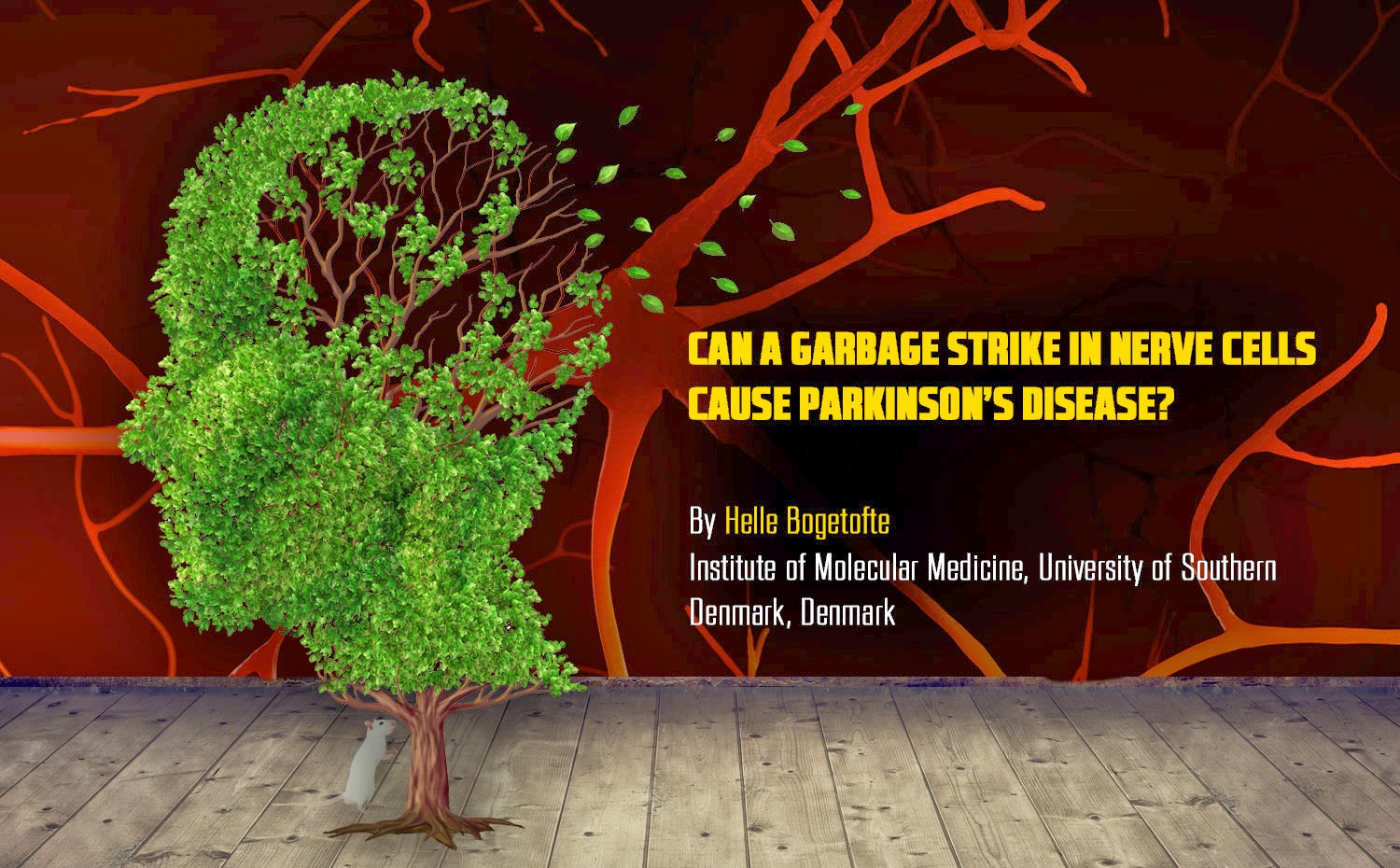
By Lucia Aronica, Max F Perutz Laboratories, Austria Note: Lucia won the first ever Access to Understanding People’s Choice award. Tomorrow the blog will feature her popular piece! My research field is epigenetics, which means that I am interested in understanding how environmental factors can influence our genes and thereby impact both our health and predisposition to diseases. This scientific passion inspired me to write about Dr.
